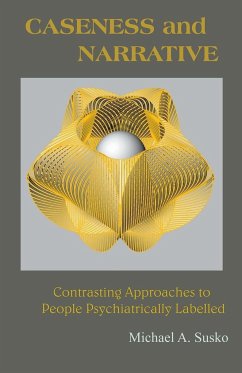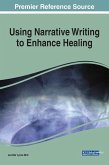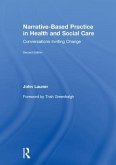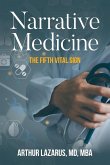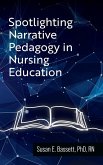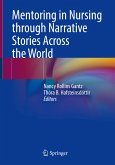Caseness and Narrative contrasts two ways of trying to help persons in emotional distress. The first, called Caseness, sees signs of distress as symptoms without significant meaning, makes a diagnosis in which the psychiatric system names the experience, and then uses methods such as drugging or electroshock to minimize or stop symptom expression. The second way, called Narrative, allows the story to unfold, uses the structure of narrative to frame the process, and then- to avoid the person being stuck--supports the transformative nature of the experience. We invite you to a greater and deeper understanding of what our society has largely chosen to ignore, and which might enable you to help family or friends go through difficult emotional experiences.
Hinweis: Dieser Artikel kann nur an eine deutsche Lieferadresse ausgeliefert werden.
Hinweis: Dieser Artikel kann nur an eine deutsche Lieferadresse ausgeliefert werden.

